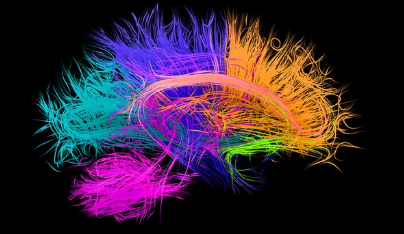If your doctor has recommended an MRI (Magnetic Resonance Imaging) scan as part of your cancer diagnosis or treatment plan, you may be asking yourself: “Will it hurt?” It’s a common concern, especially for first-time patients. The good news is that an MRI is not a painful procedure. However, some aspects of the experience may cause mild discomfort or anxiety.
In this article, we’ll explain what cancer patients should expect before, during, and after an MRI, including whether it causes pain, potential discomforts, and how to make the process easier.
Understanding MRI: Why It’s Used in Cancer Care
MRI is a non-invasive imaging technique that uses strong magnetic fields and radio waves to produce highly detailed pictures of your internal organs, tissues, and blood vessels. Unlike X-rays or CT scans, MRI does not use radiation.
For cancer patients, MRI is often recommended to:
- Detect tumors and pinpoint their exact location
- Determine the size and extent of cancer
- Monitor how tumors respond to treatments like chemotherapy or radiation
- Check if cancer has spread to nearby organs or tissues
Is an MRI Painful?
The short answer: No, an MRI is not painful.
The procedure itself does not involve cutting, poking, or invasive surgery. You will simply lie still inside the MRI machine while it captures images. The machine does not touch you, press against you, or cause direct pain.
That said, certain factors can make the experience uncomfortable rather than painful.
Possible Discomforts During an MRI
While an MRI scan is painless, cancer patients may experience the following sensations:
1. Lying Still for a Long Time
Scans can last anywhere from 30 minutes to 90 minutes. Staying completely still for this long can cause stiffness, especially if you already experience pain due to cancer or treatment side effects.
2. Noise from the Machine
The MRI machine makes loud knocking, thumping, or humming sounds. While not painful, it can be unsettling. Earplugs or headphones are usually provided.
3. Contrast Injection
Some cancer MRIs require an injection of a contrast dye (gadolinium-based) to make tumors easier to detect. The injection may feel like a brief pinch or cause a cool sensation in the arm, but it isn’t considered painful.
4. Claustrophobia or Anxiety
The MRI machine is a large tube, and some patients feel anxious or claustrophobic inside. While this isn’t pain, it can create emotional discomfort.
5. Pre-Existing Pain
If you already have back pain, bone pain, or difficulty lying flat due to cancer, remaining in one position for the duration of the scan may cause mild to moderate discomfort.
Ways to Reduce Discomfort During an MRI
If you’re worried about discomfort, here are steps you can take:
- Request extra padding or cushions to make lying down easier.
- Communicate with the technologist about any pain before the scan starts.
- Practice relaxation techniques like deep breathing or visualization to stay calm.
- Ask about mild sedatives if claustrophobia or anxiety is a concern.
- Use headphones with music if your hospital provides them.
Risks and Side Effects of MRI for Cancer Patients
Although the scan itself is painless, here are a few rare considerations:
- Allergic reaction to contrast dye: Extremely rare, but possible. Symptoms may include rash or itching.
- Mild nausea or headache: Some patients report these side effects after receiving contrast.
- Discomfort from noise or tight space: Not harmful, but may feel stressful.
Overall, MRI is considered very safe and non-invasive, even for patients undergoing cancer treatment.
After the MRI: What to Expect
Once the scan is complete:
- You can usually resume normal activities immediately.
- If contrast dye was used, you’ll be encouraged to drink water to help flush it out.
- Any mild discomfort from lying still typically goes away shortly after the scan.
- Your doctor will receive the images and provide results within a few days.
Final Thoughts
For cancer patients, MRI scans may feel intimidating, but they are not painful. At most, you may experience minor discomfort from lying still, loud noises, or the contrast injection. These inconveniences are temporary and manageable.
The benefits of MRI—early cancer detection, accurate diagnosis, and effective treatment monitoring—far outweigh the short-term discomforts. By preparing ahead of time and communicating openly with your healthcare team, you can make the process as smooth and stress-free as possible.
Also Read :
